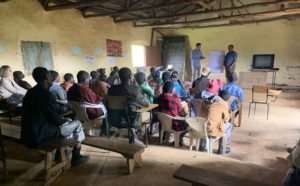NRECA International promotes the electric cooperative model as the best way to bring energy services to rural areas in developed as well as developing economies. Electric cooperatives have the power to harness innovation, community self-interest, and mutual self-reliance to overcome significant economic obstacles to long-term sustainability.
Our legacy of forming and supporting some of the largest and most successful cooperatives in the world spans more than half a century, benefiting more than 220 million rural people, all committed to helping their neighbors get that last mile of electric service.
In 1980, about 13,000 people living in the rural areas of Bangladesh had access to electricity. By the end of that year, the Bangladesh Rural Electrification Board (BREB) and 13 electric cooperatives PBS (Palli Bidyut Samities )were formally established. Today, 80 PBSs serve more than 100 million people across the country. A 2002 study documenting the benefits of rural electrification in Bangladesh found that the average annual income of households with electricity was 126 percent higher than those households without electricity.
This household income growth is tied directly to the creation of electric cooperatives built decades ago with the help of NRECA International through a U.S. Agency for International Development (USAID) program launched under the Kennedy Administration.
The cooperative enterprise model that proved to be so successful in Bangladesh and other countries like the Philippines and Bolivia is being deployed in many developing countries around the world, including many where the economic and quality of life circumstances are dire and the challenges immense.
Together with our partners, we remain committed to helping communities use the cooperative model to build lasting connections, gain a more effective voice in their cooperative and, in turn, build stronger economies.
COOPERATIVE DEVELOPMENT RESOURCES
More than 700 million people in the world do not have access to electricity. The electric co-op business model is often overlooked as a viable option to provide lasting electric service to rural communities. However, history has shown that electric cooperatives can become engines of community economic development; thousands of very successful electric co-ops provide service to more than 250 million people.
Here are useful resources to demonstrate the lasting impact of electric cooperatives.
How to create an electric co-op
Watch this short video that explains the steps to create lasting electric cooperatives, the importance of community support and why this model continues to empower the communities they serve.

Just the facts: What is an electric co-op?
Learn what an electric co-op is, the benefits of the cooperative model, and what enabling factors are needed for long-term success.

Five steps to create an electric co-op
Learn what an electric co-op is, the benefits of the cooperative model, and what enabling factors are needed for long term success.
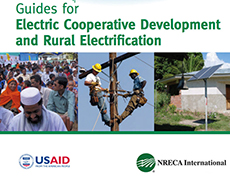
Cooperative Development Guide
We produced this resource to advance the basic understanding of rural electrification development for policymakers, donor organizations, and practitioners.
OUR COOPERATIVE DEVELOPMENT WORK
USAID’s Cooperative Development Program
NRECA International uses funding from USAID’s Cooperative Development Program (CDP) to promote the electric cooperative model as a proven system for delivering electricity services to rural areas of developing countries.
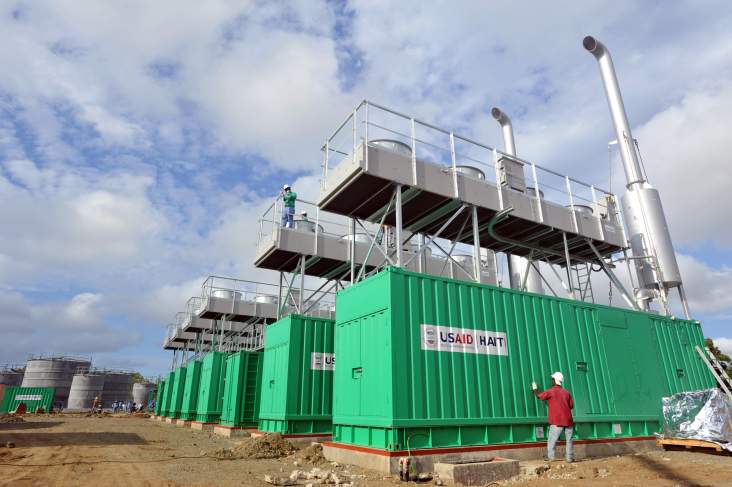
USAID’s Zambia Electric Cooperative Development Program
The Zambia Electric Cooperative Development Program (ZECDP) is funded by the USAID’s Cooperative Development Program and implemented by NRECA International. ZECDP, in collaboration with local stakeholders and partners, aims to develop viable electric cooperatives in rural communities, that will play an important role in the electrification expansion efforts in Zambia.
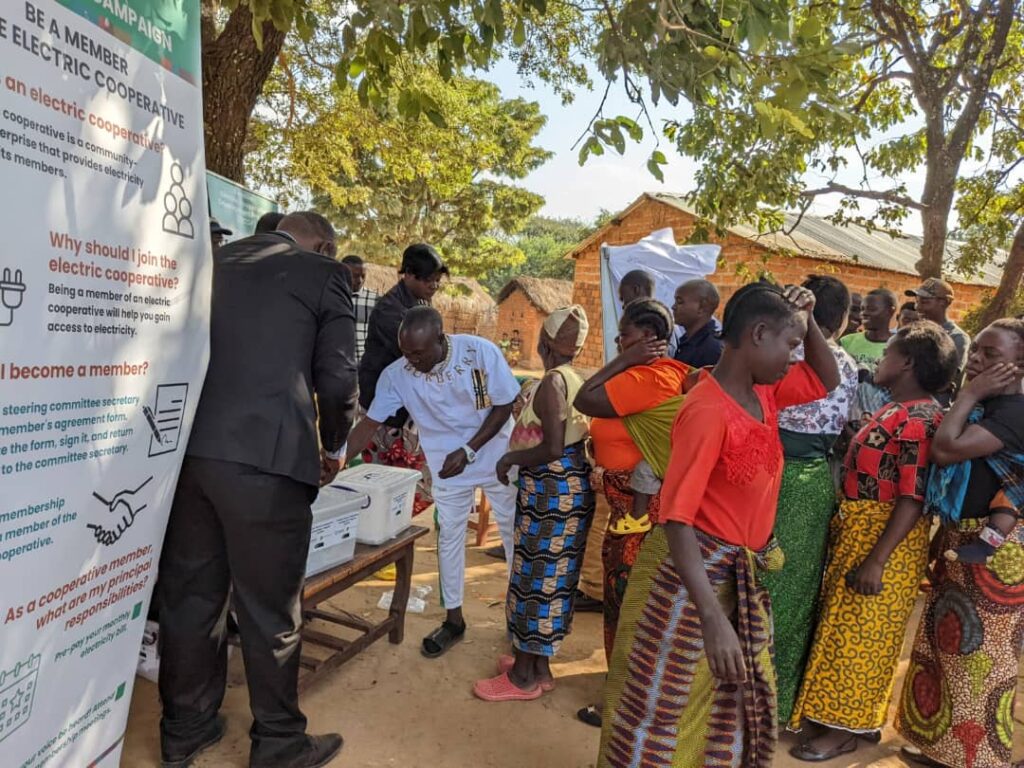
USAID’s Malawi Clean Energy Cooperatives Program
With funding support from the U.S. Agency for International Development, NRECA International is implementing the Malawi Clean Energy Cooperatives Program (CECP), a four-year initiative to promote the development of five new clean energy cooperative enterprises in rural Malawi.
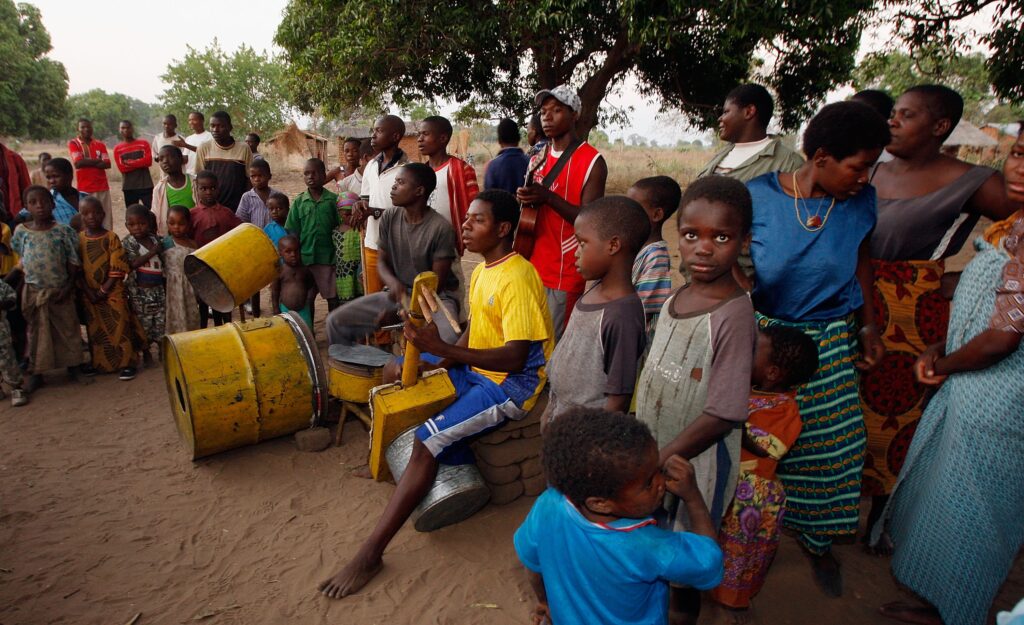
Electric Cooperatives Empower Communities
Since 1962 NRECA International has helped form 250 power utilities – majority of which are electric cooperatives. Read some stories, and watch some videos, on the impact our team has made on communities worldwide.
